So, you’ve just bought that swank, high-end drone! You’re thrilled! You spent months doing your homework, zeroing in on just which one satisfies your needs! You budgeted for it, saved up and are now the proud owner! Congratulations!
Unpacking it carefully, child-like excitement barely contained, you admire it, turn it around, examine it in detail. Your analytical mind starts making connections of its different components and what each part’s function is. You eagerly take out the manual, read it meticulously. You follow every instruction, step-by-step. Two hours later, you’re set!
And now, for the big launch. You drive your family out to that scenic spot just out of town. Everyone waits with baited breath as you set up. Finally, its time! You proudly stand back, and start to click and press, the droid lifts up with a smooth purr. Applause! You are beaming! Such pride, such joy! But wait! Is that how it’s supposed to be moving? Looks a tad lopsided! Oh no! It’s not doing what I want it to do! I read the manual completely. I did a trial run behind closed doors, worked well enough. What then?
Must be a faulty piece! I’ll need to fiddle around and fix it! Why ever did I do this?
Is Parenting about solving a problem?
Isn’t this an attitude we have towards parenting? Many of us prepare ourselves for this important role in our lives. We plan, research, budget, get the house in order. And then, when the reality of what it actually means to be a parent hits, we’re in over our heads!
We aren’t really ready enough. We question ourselves- our intelligence, our motives, our abilities. We feel the entire spectrum of feelings- love, joy, pride, irritation, anger, fear, panic, nerves, guilt, shame…you name it. We try out every trick in the box, constantly changing strategies, attitudes and sometimes, even people, who don’t seem to help.
Often, when we’ve tried what we possibly know we can do, we conclude that what’s left to do is to fix the drone itself(the child, in this case) ! It must be at fault!
And so, the process of parenting becomes about moulding, correcting, advising, reshaping, programming the child to do what we want them to do.
Why did I choose to be a parent?
A critical point to consider here, is what do we believe is our purpose of bringing a child into this world, by choice?
- Is it to make us feel potent? – Isn’t it common belief that only God creates!
- Is it a display of our biological vigour? – “I have such a healthy constitution/libido”!
- Is it to satisfy people around us? – “My spouse wanted to have a child”. “My parents kept asking for a grand-child”. “All our friends were having one, we did too”. “My son/daughter was lonely”.
- Is it to fulfil an empty, lonely space within oneself? – “We have relationship challenges; a child would keep us together”.
- Is it a societal/cultural milestone? – “When I’m successful and secure in my life and career, having children is the obvious progression”.
- Is it something else?
Whatever the reasons, do they serve in the best interest of a child that comes along?
Why do I choose to be a parent? Is it for myself (as in the statements above) or for that child? If it is for myself, can I have this need met differently?
Parenting is about building an authentic relationship
How about if we started thinking about parenting with a new mindset? Parenting is not what I get or give; it isn’t what I do. It is definitely not like operating a drone and deriving pleasure from my own skills or from its performance, in that regard!
It is about who I am, in relation to this significant other person and how I am with them. If parenting is to be there for your child and fully get to know that person, what does that mean?
It means I see a whole, complete individual in front of me, no matter how old. One that is perfect as they are (good days and bad!). And so,
- I touch and hold them lovingly.
- I smile fondly and proudly.
- I use positive words to describe them and speak with them.
- I see their uniqueness from every other being.
- I value who they are and nurture that.
- I accept them for who they are.
- I am genuinely interested and curious.
- I observe closely, I notice deeply.
- I love unconditionally and wholly.
- I look forward to getting to know them, at each age and stage of their life.
- I listen keenly and ask questions out of a need to understand this person better.
- I make and enjoy my time with them.
- I learn with and from them. We teach each other with love.
- I laugh with them.
- I am my most authentic self (genuine, calm, at peace…) with them.
Feel free to add on and customise this list for yourself and your child!
What kind of a parent do you see yourself as now? How would you describe your child, with this vision?
Please do leave your comments at the bottom and do share with others if you like this article.


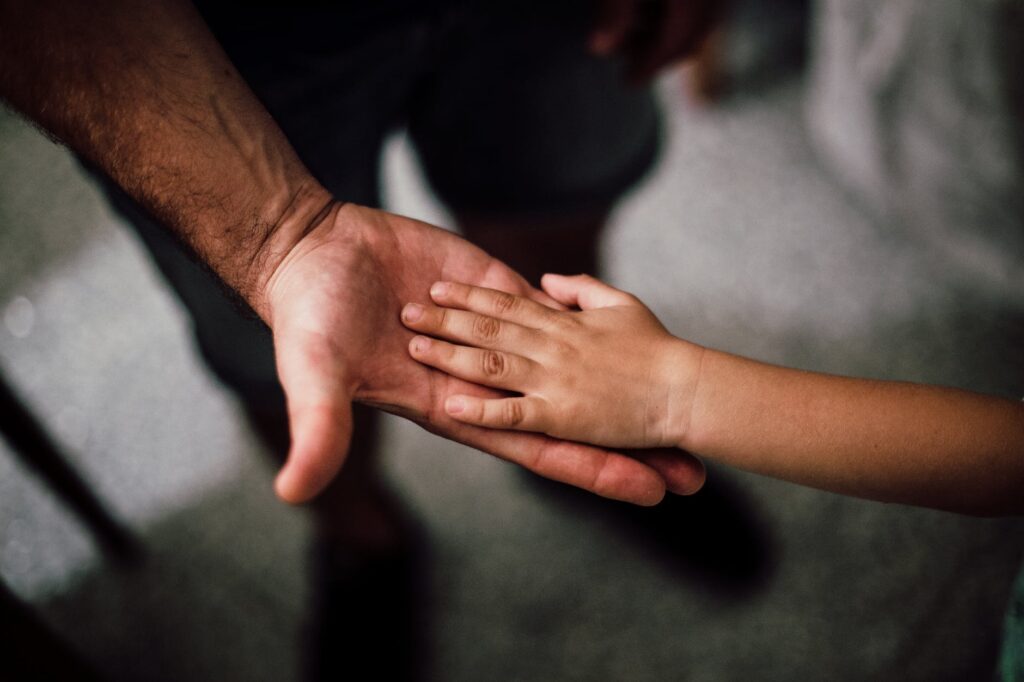
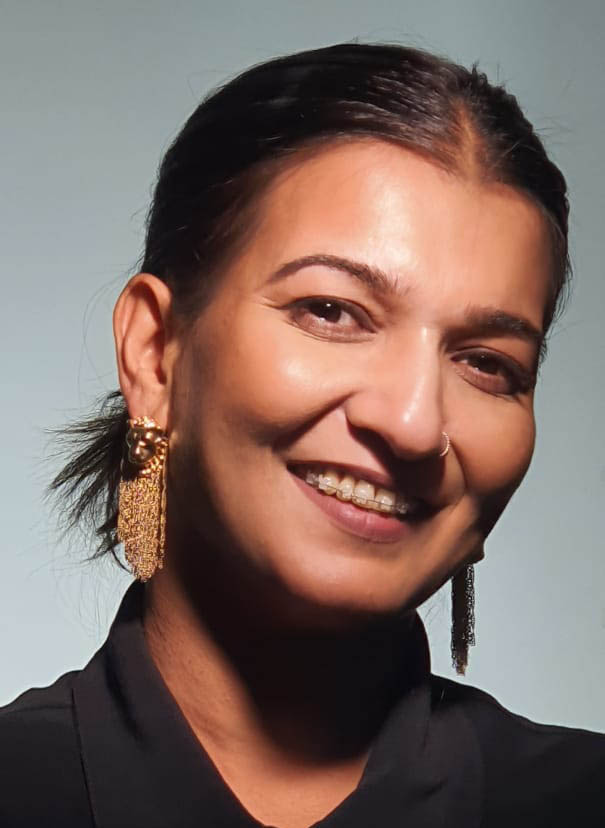




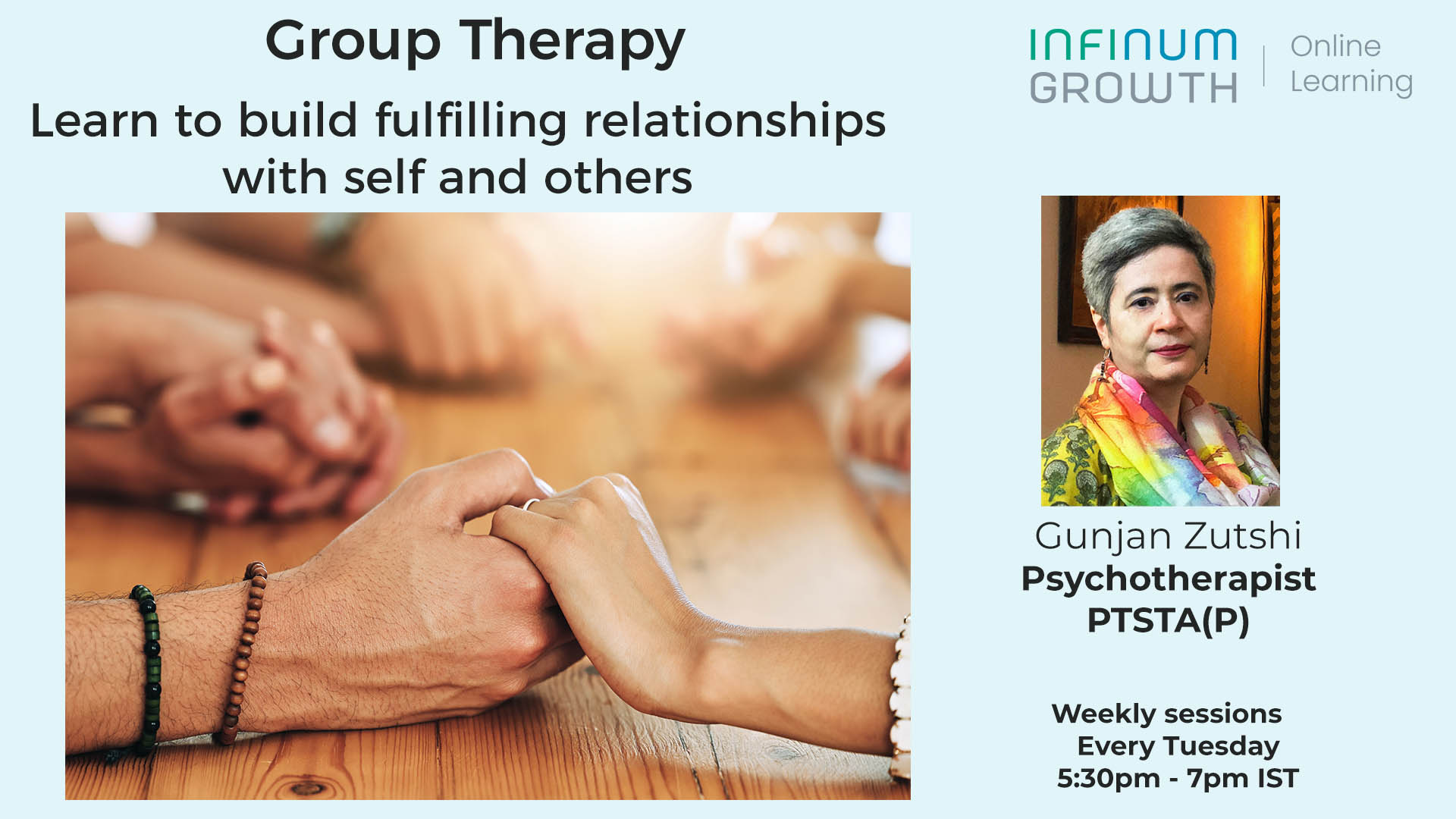





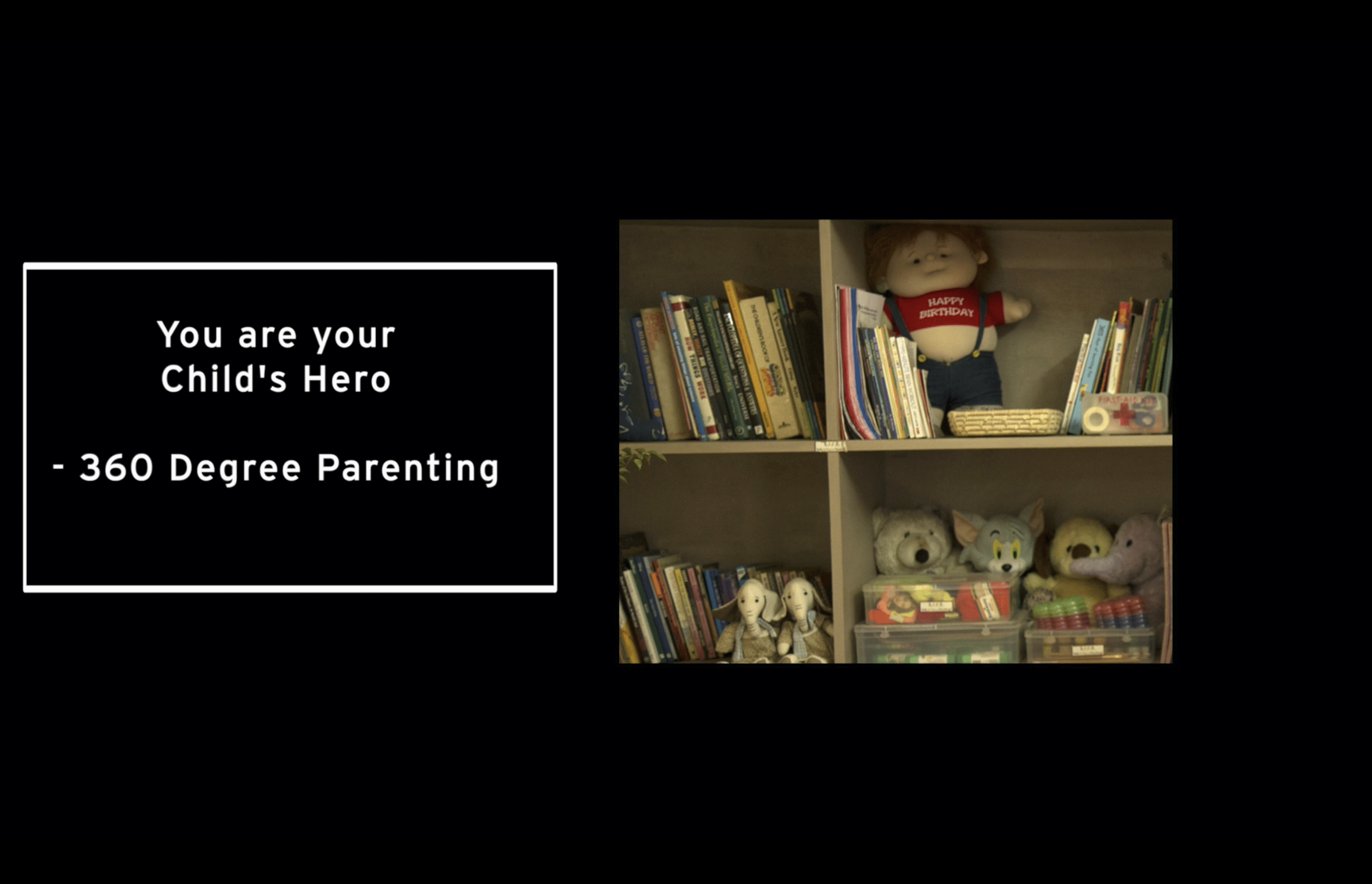
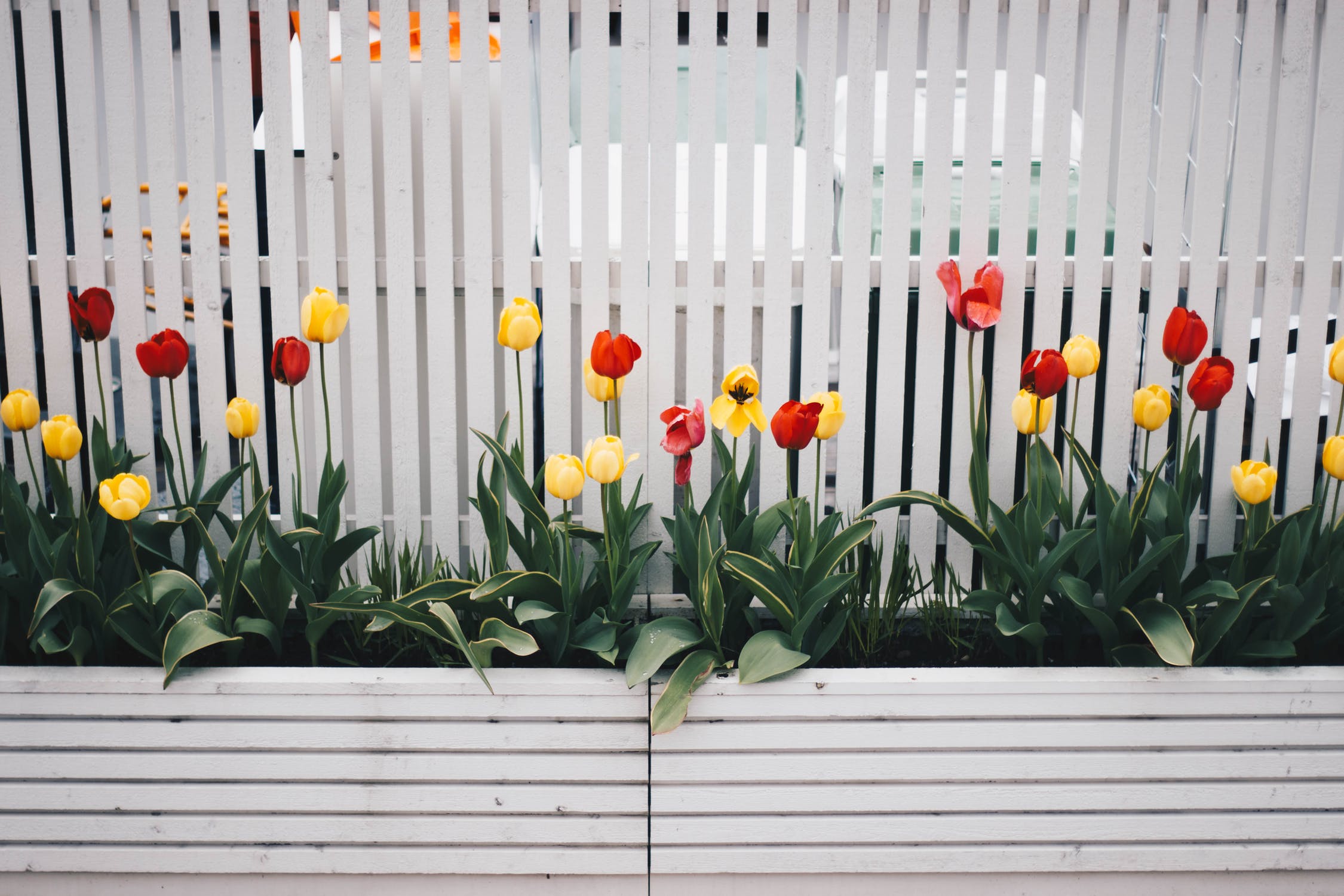
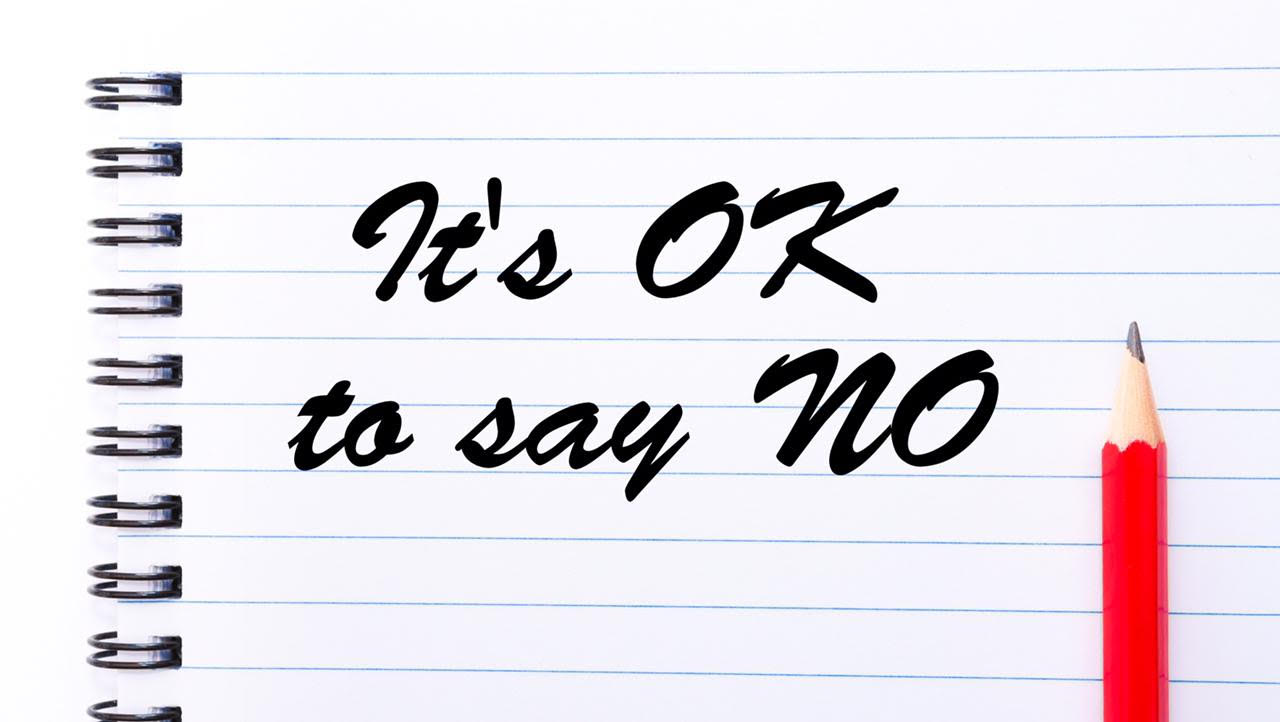


hi Nisha, loved the read! your intro is priceless 😀 once a neighbour told me that they could afford one, so they had a third child! it takes all kinds to make the world. Personally, we’re enjoying parenthood – learning and growing with our grown-up son and our full-blown teenage daughter – everyday is an adventure! Learning to let go and findIng a balance between structure and nurture is the most challenging, the most exciting! You’re engaged in a life altering endeavour Nish; all the best 🤗